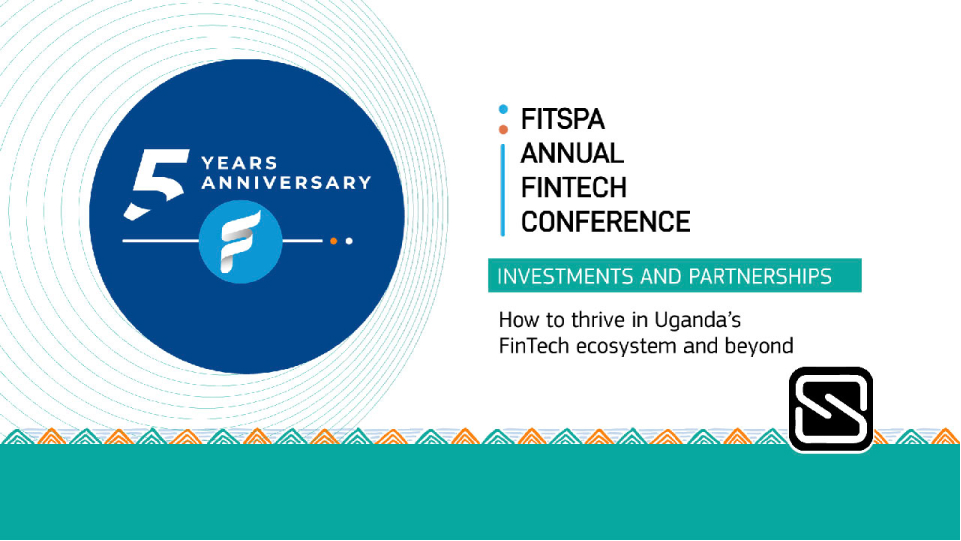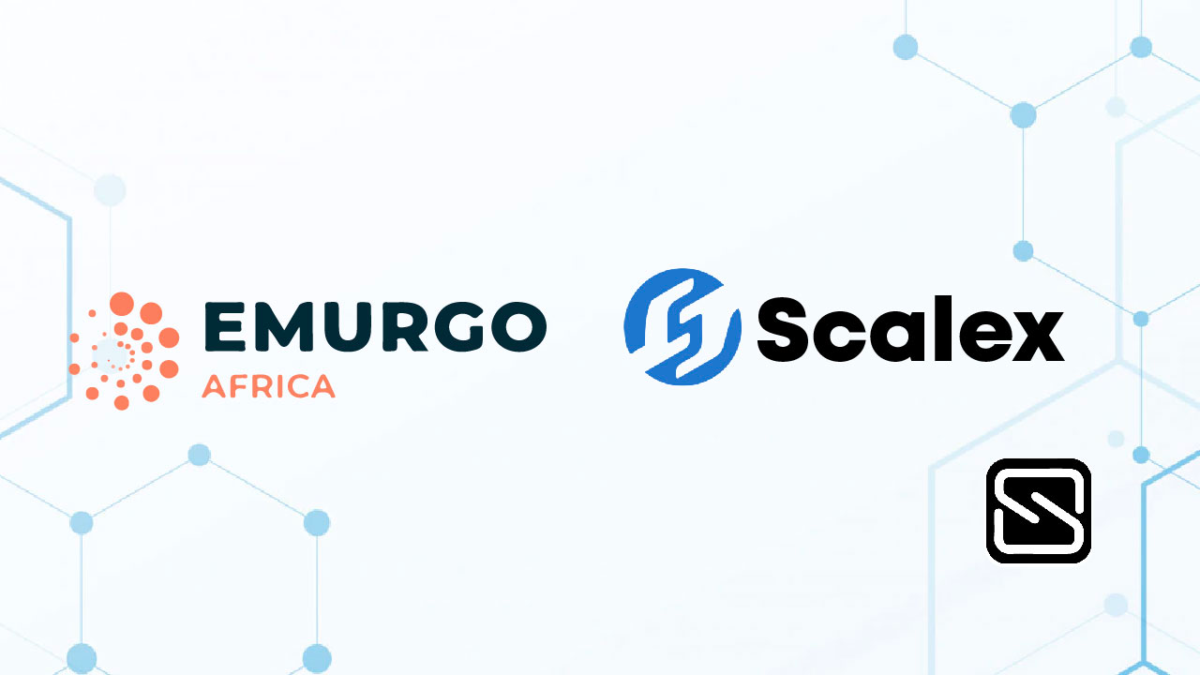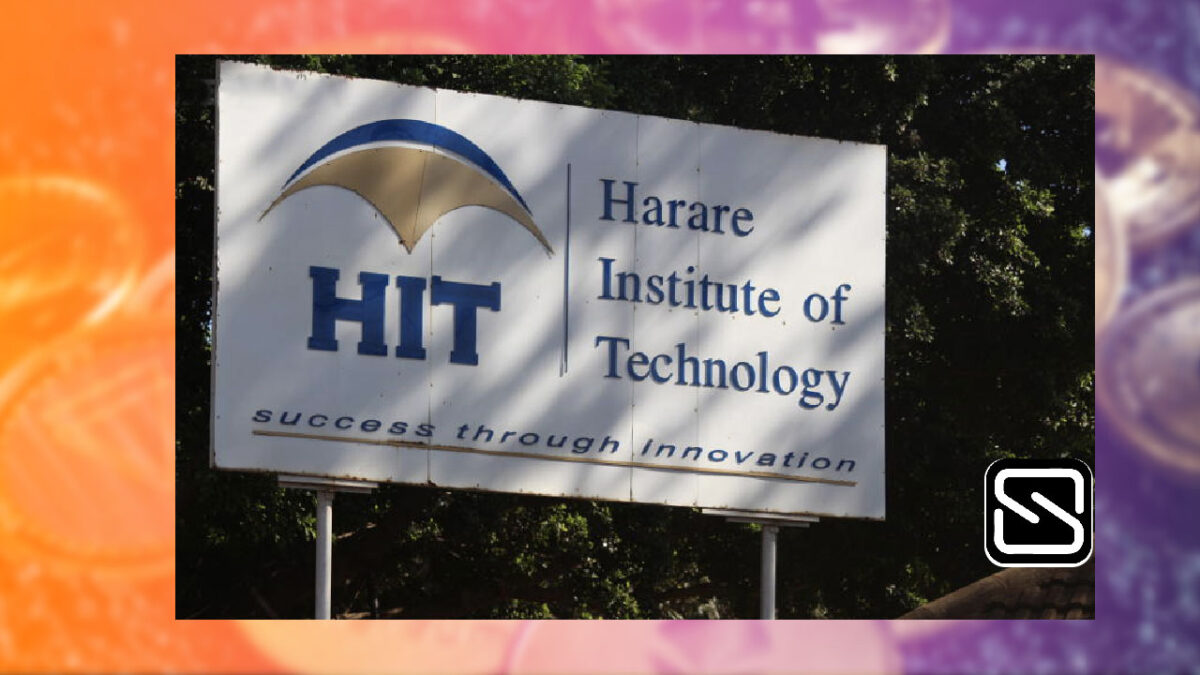Mastercard revealed recently that the company is focusing on five key different crypto areas. The key focus areas it is working on aim to turn cryptocurrencies into an everyday way to pay.
According to Raj Dhamodharan, Executive Vice President of Digital Asset and Blockchain Products & Digital Partnerships at Mastercard, Mastercard’s five areas of focus are crypto cards, crypto services, payments, crypto on the Mastercard network, metaverse, and NFTs.
Raj Dhamodharan, explained, “Digital assets like cryptocurrencies and central bank digital currencies (CBDCs) have the potential to transform the financial system’s infrastructure.”
He further stated that non-fungible tokens (NFTs), blockchain gaming, and metaverse experiences could change how consumers shop and communicate.”
The executive also opined,
“Someday soon, the ability to own and spend a digital currency could be as seamless as making a contactless card payment.”
He explained how Mastercard has already made numerous global announcements about new crypto card initiatives this year. For instance, the payments industry behemoth collaborated with Gemini on a credit card in the United States that offers incentives in cryptocurrency.
Additionally, the business introduced a prepaid card with Binance in Argentina. The first physical debit card in the world that can be personalized to contain a user’s NFT avatar was also just revealed by Mastercard in Europe.
Noting that Mastercard is a provider of cybersecurity, digital ID, advisory and open banking services to tens of thousands of financial institutions, Dhamodharan said the company is going to use the same tools to provide more support to crypto players and issuers.
In addition, Mastercard has expanded its consulting work to include a dedicated crypto practice and it completed the purchase of Ciphertrace last year. The company will soon launch a new crypto monitoring product called Crypto Secure.
Highlighting more about crypto payments Dhamodharan said, “We’ve partnered with a handful of top-tier crypto-focused companies including Paxos, Circle, Evolve and Uphold to develop ways for people to quickly convert their crypto to fiat to make payments. This work will support current and future crypto card partnerships.”
About crypto on the Mastercard networks, Dhamodharan emphasized, “An important way to expand choice for people is to bring certain Mastercard-approved digital assets onto our networks, a plan we announced last year that continues to move forward.”
Dhamodharan explained that Mastercard is working to grow its partnerships to support NFTs and the metaverse. For example, Coinbase users can now pay for NFTs with Mastercard.
In conclusion, the Mastercard executive noted that the payments giant already operates a trusted global network that enables payments with a single tap or click.
He concluded, “That’s what the crypto economy needs to support the next million users or the next billion. We’re excited to prioritize these core areas to give people more access to the crypto ecosystem and help it keep innovating and growing.”









